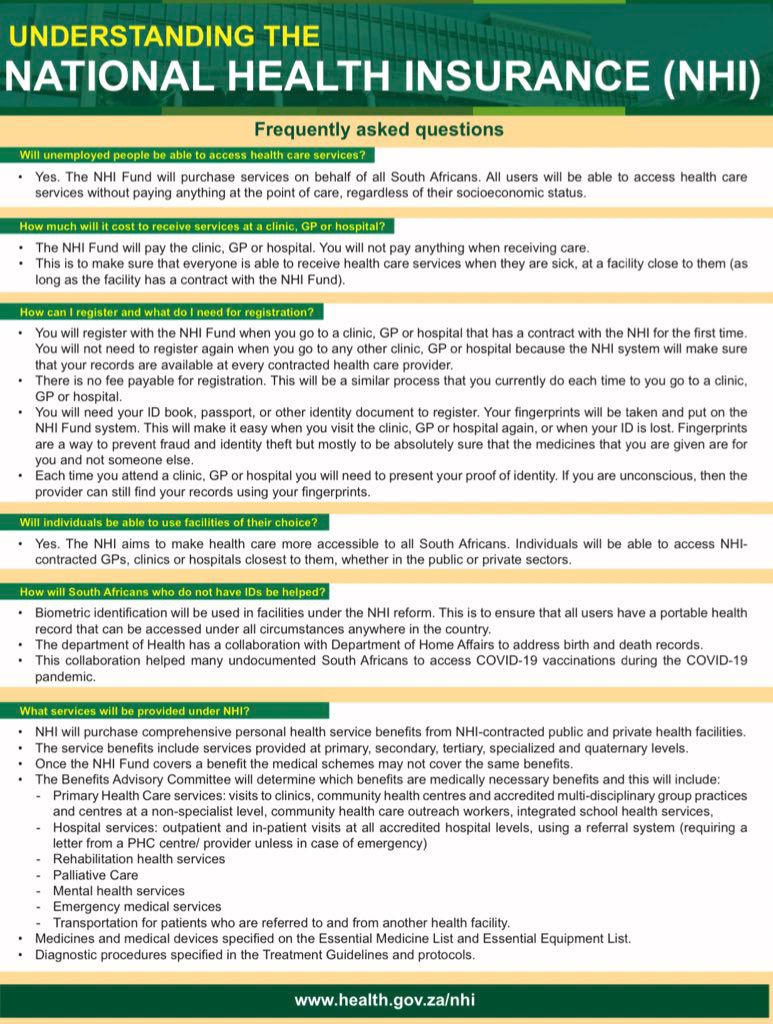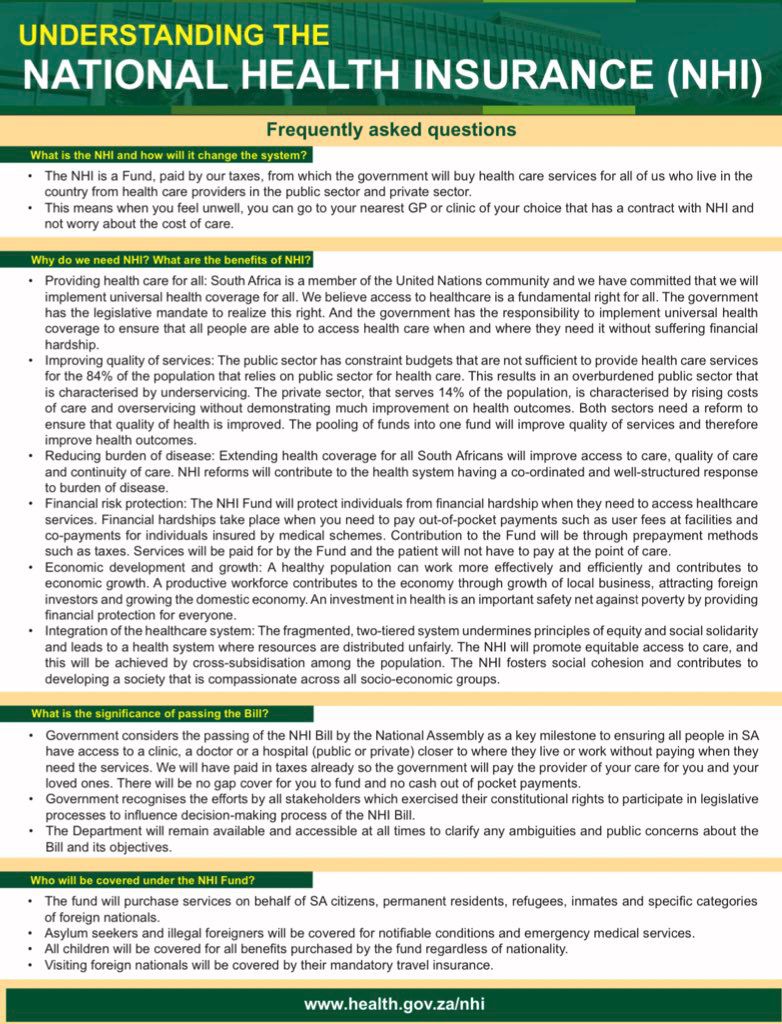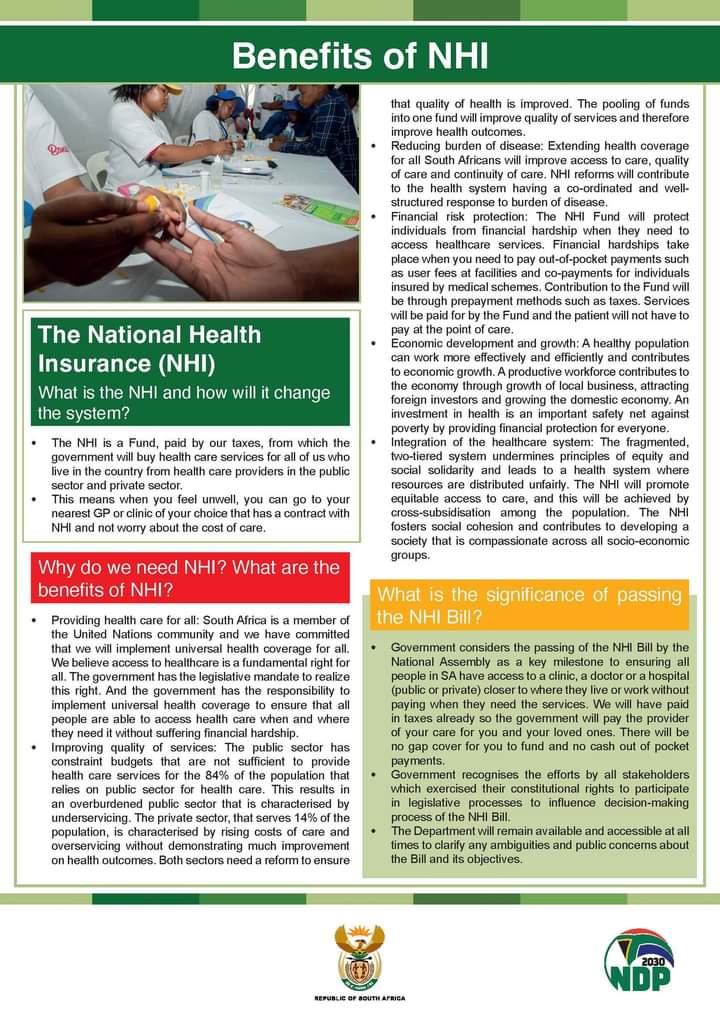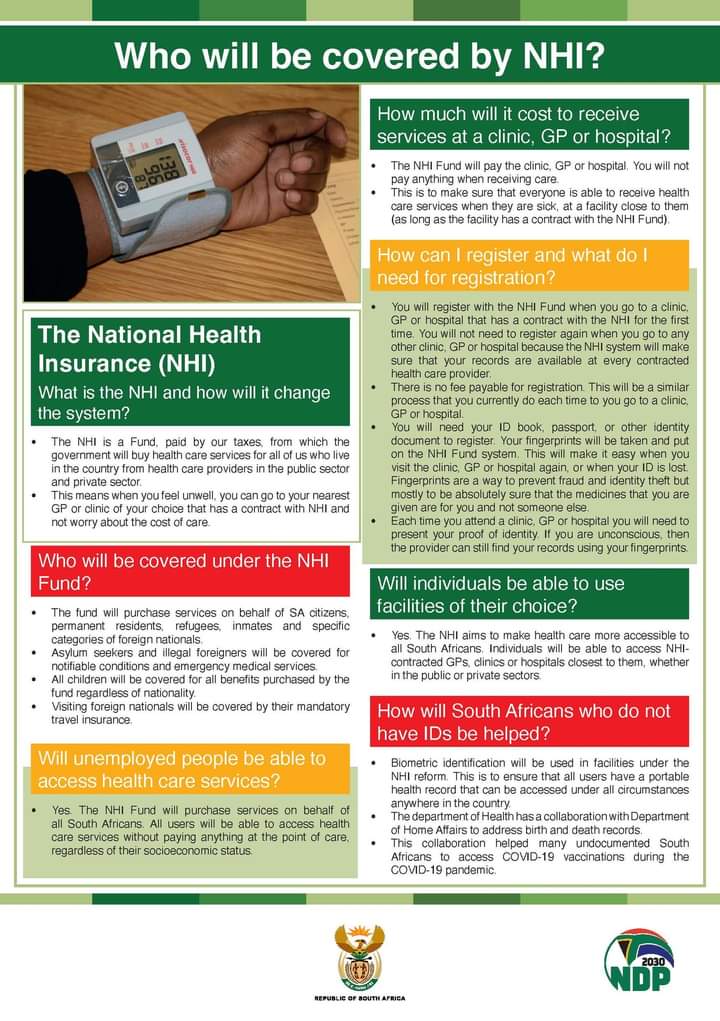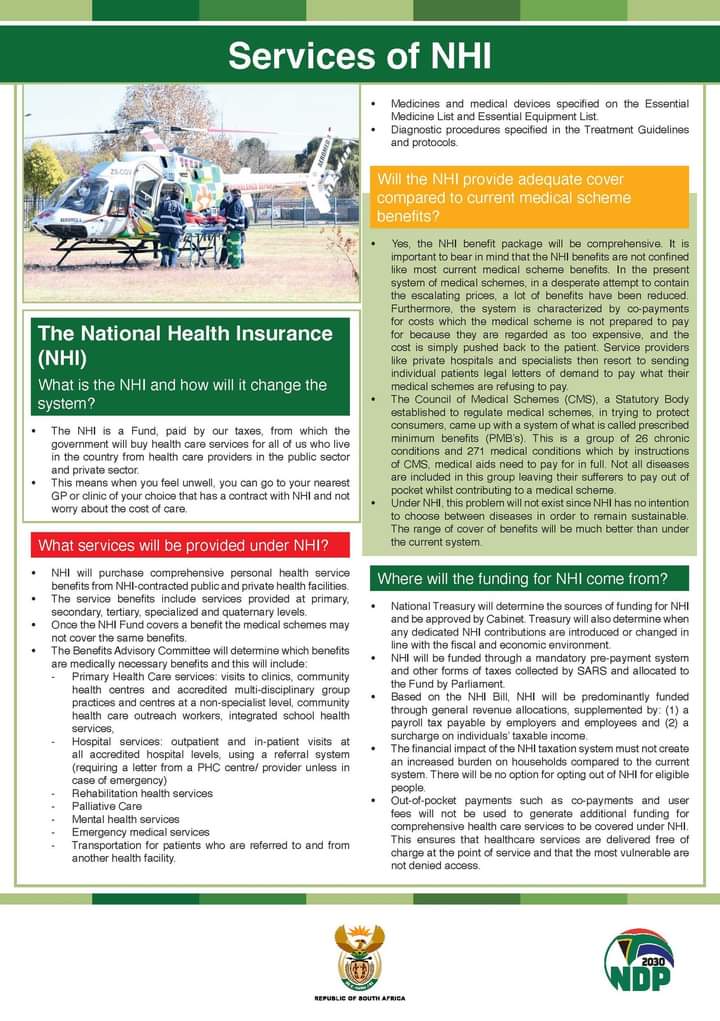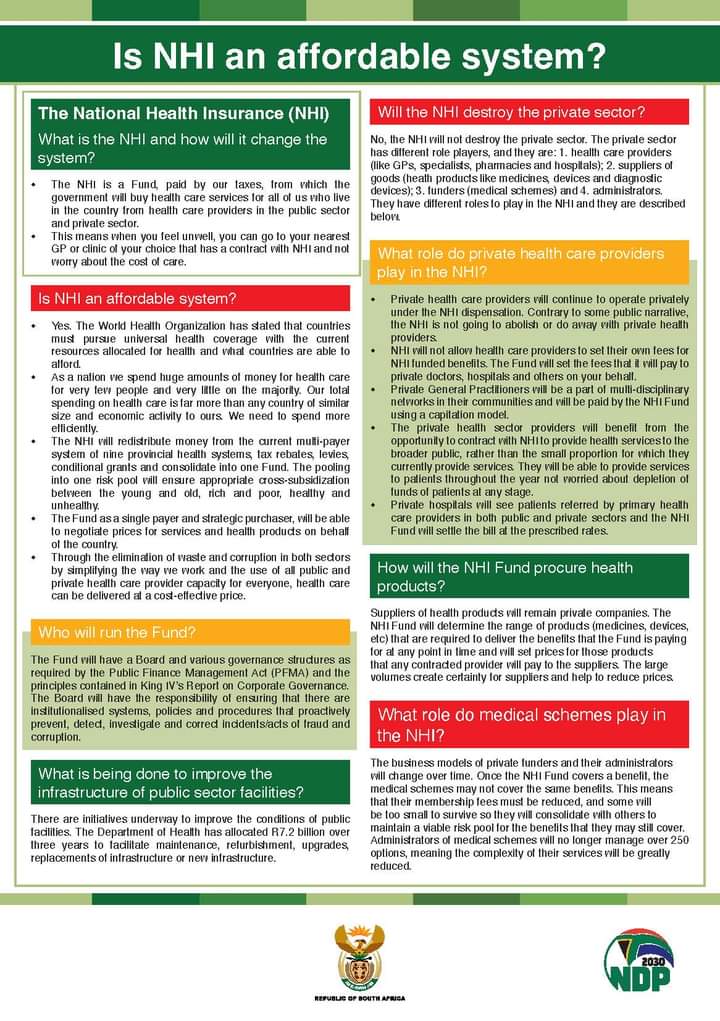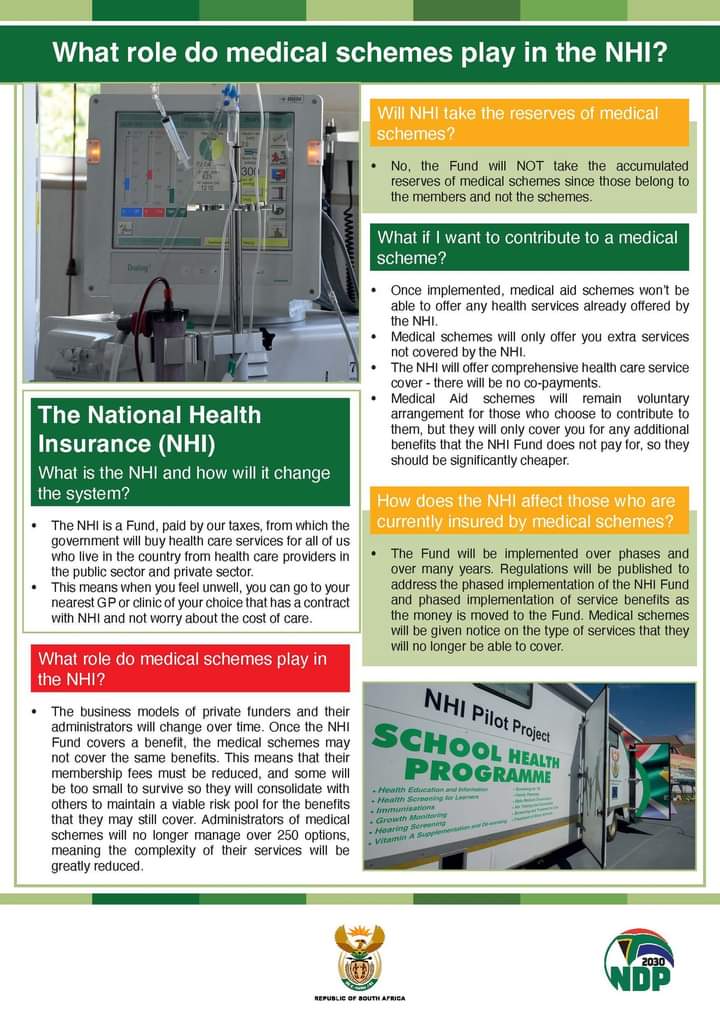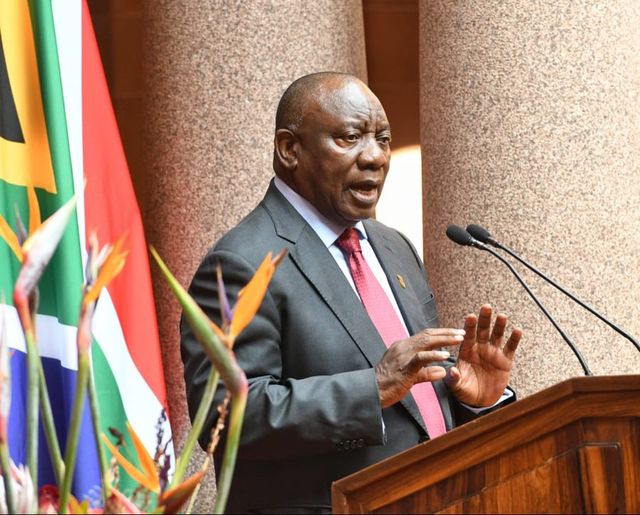President Cyril Ramaphosa marked a historic juncture at the Union Buildings in Tshwane on Wednesday, May 15, 2024, as he ceremoniously inked the National Health Insurance (NHI) Bill into law. The occasion was graced by a constellation of dignitaries including the Health Minister, Dr. Joe Phaahla, health officials, representatives from various sectors, parliamentarians, public figures, and the press.
Ramaphosa positioned the NHI as a watershed moment in South Africa's journey towards a more equitable society. In his address, he underscored the legislation's resonance with the nation's constitutional obligation to progressively ensure universal access to healthcare. The NHI, he emphasized, is a bold stride towards rectifying the entrenched disparities that have long dictated healthcare access along socio-economic lines.
The president articulated the NHI as a departure from the current fragmented and unsustainable healthcare model, where the public sector grapples with financial constraints while the private sector caters to a privileged few at exorbitant costs. He advocated for a paradigm shift towards universal healthcare, denouncing the prevailing imbalance in resource allocation that favors the private sphere.
Ramaphosa outlined the NHI's innovative financing model grounded in social solidarity, which seeks to pool resources from across society to fund comprehensive healthcare coverage. He challenged the notion that financial constraints pose insurmountable hurdles, calling for strategic resource allocation and unwavering commitment to equitable healthcare.
Furthermore, the president elucidated on the NHI's potential to transform healthcare delivery by leveraging both public and private sector strengths through effective collaboration. He stressed the imperative of collective national will in realizing the NHI's vision of healthcare as a shared national asset.
Ramaphosa underscored the NHI's significance in advancing constitutional rights and alleviating poverty by ensuring healthcare access based on need rather than financial capacity. He highlighted its role in containing healthcare costs, improving resource utilization, and enhancing service quality through standardized accreditation.
The president concluded with a call for unity and cooperation in realizing the NHI's objectives, acknowledging the diverse opinions surrounding the legislation within South Africa's vibrant democratic landscape. He invoked the nation's democratic ethos and commitment to dialogue, urging stakeholders to collaborate in building a healthier and more equitable future for all.
In signing off, President Ramaphosa expressed gratitude and called for concerted efforts to make the NHI a success, underscoring the transformative potential of collective action in reshaping South Africa's healthcare landscape.
In summary this is what the NHI means for us as South Africans.
